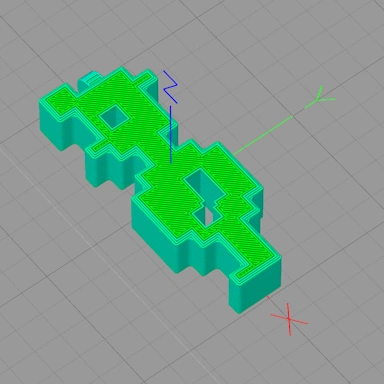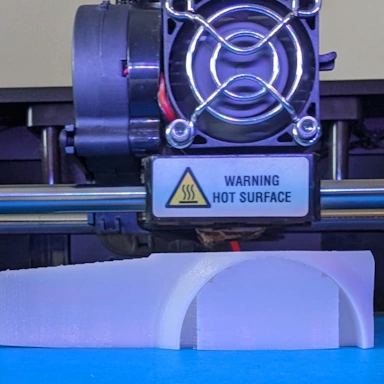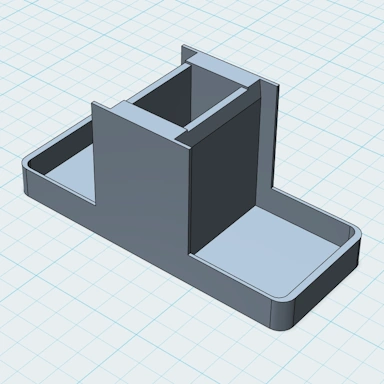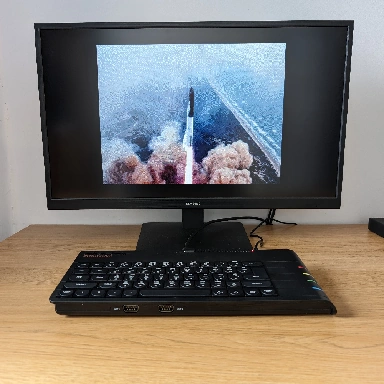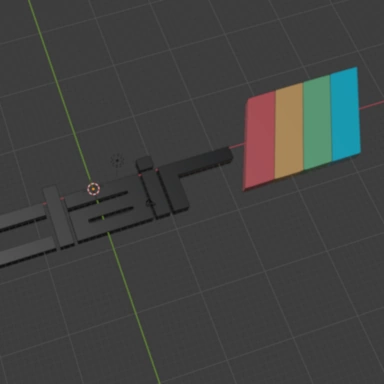| Full Name | Scalable Vector Graphics |
| Extension | SVG |
| Type | Vector |
| Mime Type | image/svg+xml |
| Format | Text |
The SVG format is a well-known file format used to store highly scalable vector graphics. SVG files have been around for many years and have widespread support within vector graphics and other image editing applications, and many image viewing applications support SVG.
SVG files store an image in the form of lines, curves, and other basic shapes within a plain text file format based on the XML standard. Due to its versatility and support, SVG has become the standard vector format used by websites to provide icons and other scalable graphics.
Uses
Due to their ability to scale without any loss of detail, as is the case with raster formats such as JPG and PNG, the SVG format is a popular choice of format for high-definition print media as well as for use within websites for providing clear and scalable graphics.
| Full Name | Standard Triangle Language |
| Extension | STL |
| Type | 3D Model |
| Mime Type | application/vnd.ms-pki.stl |
| Format | Text |
The STL file format is used for storing 3D models and is a common format for distributing 3D printable models. STL files emerged in the 1980s as a format for storing a 3D mesh as a simple list of triangles. Due to its age and simplistic format, it has gained widespread support within 3D modeling and CAD applications.
As a result of the simple file format and its widespread support amongst 3D editors, the STL format has found itself as the format of choice for the distribution of 3D printable objects. There are many websites that offer 3D printing downloads in the STL format.
Mesh Geometry
As mentioned, STL files make use of a simple structure for containing the 3D mesh data. The 3D model is stored as a continuous list of triangles, with each triangle containing three vertices specifying the location in 3D space of the triangle, which, along with a single vector normal, is all that is required to render the model contained within the STL file. There are two formats of STL files: plain text and binary. When used with large and complex 3D models, the text format leads to very large file sizes and should be avoided, with the binary format offering more efficient storage of the mesh data.

